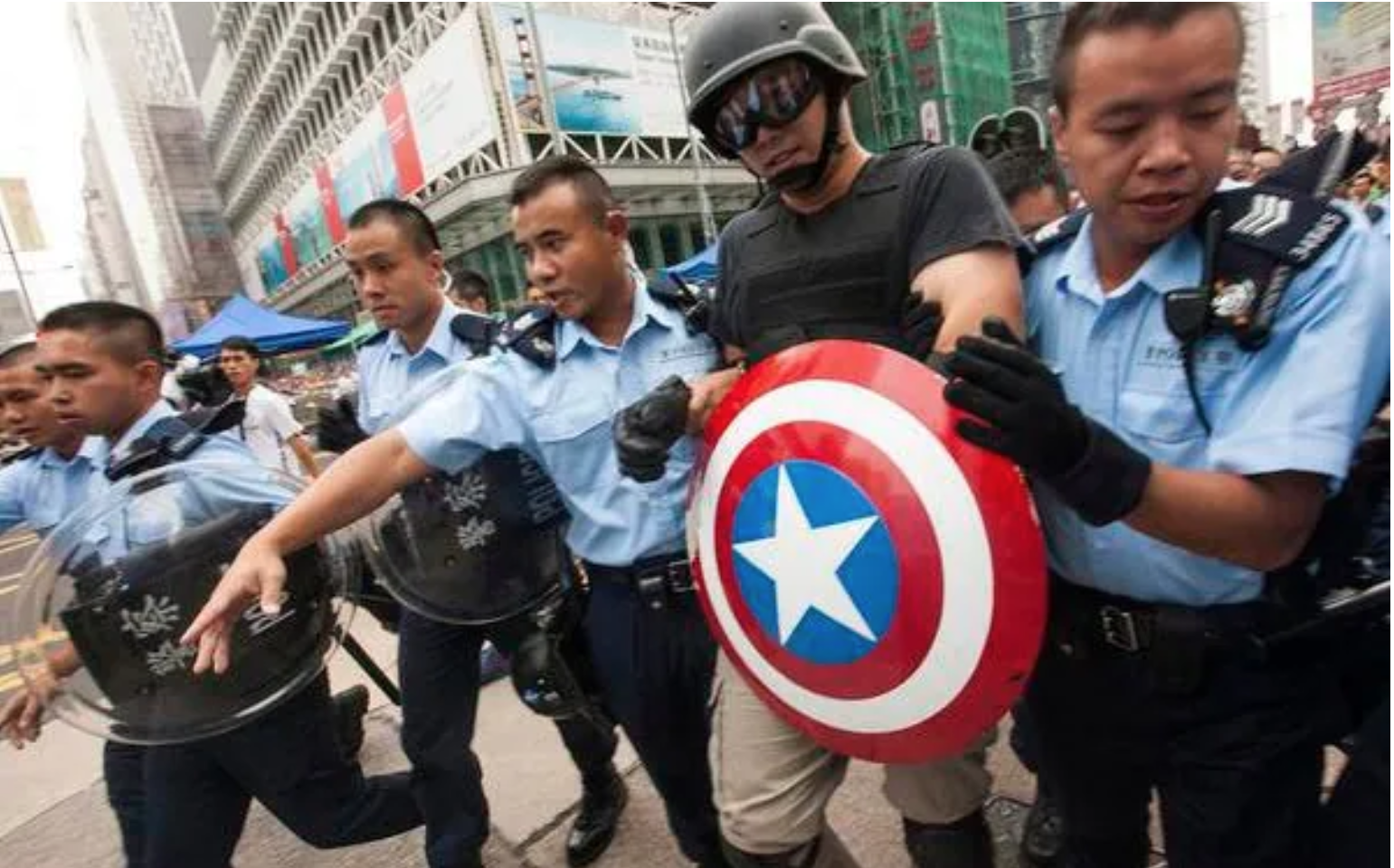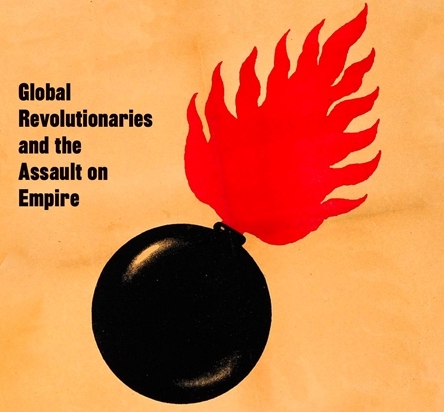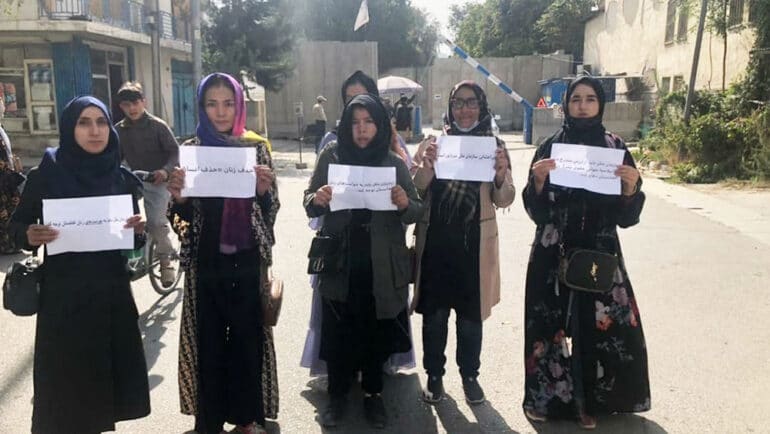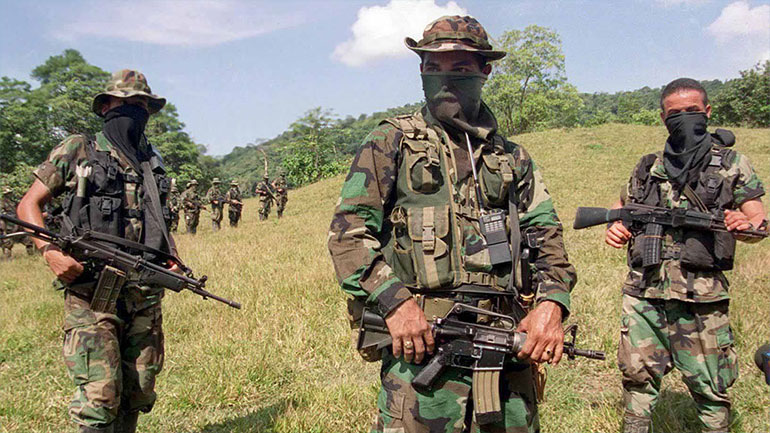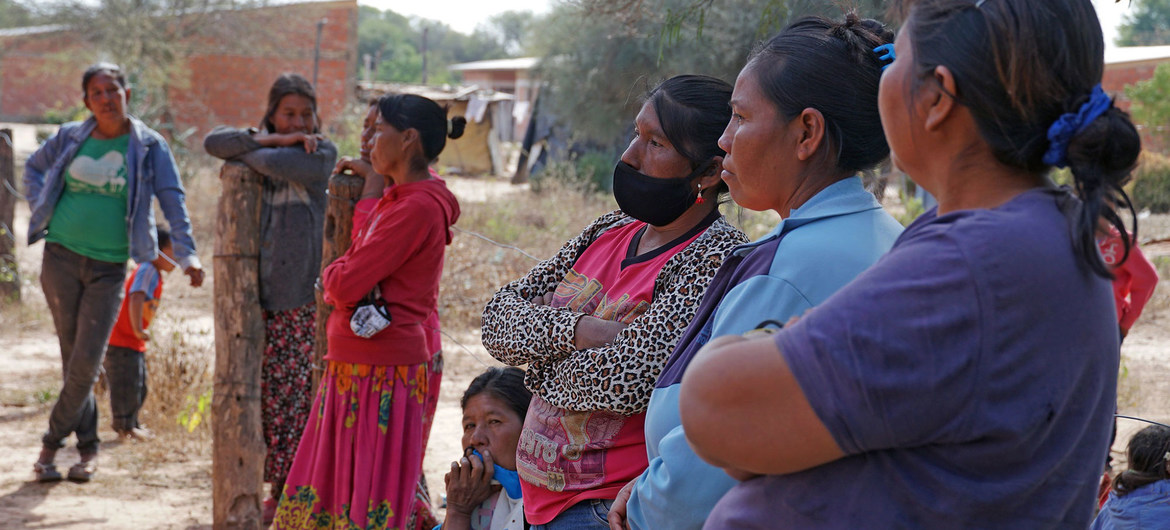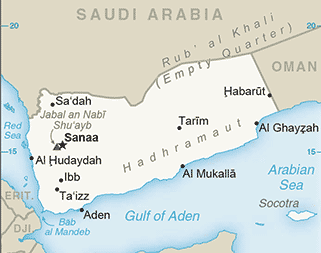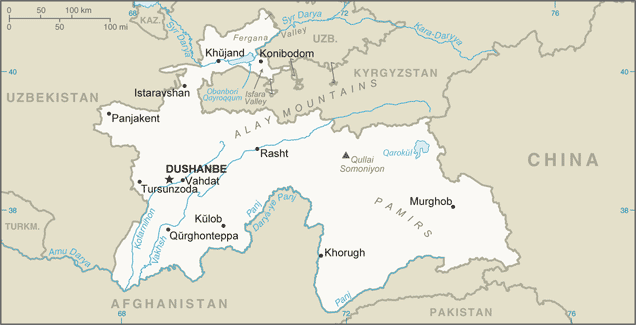
ISIS claims Uganda bomb attacks
A suicide bomber killed himself and injured several others on a bus as it travelled to the Ugandan capital, Kampala. The blast, on the road from the Democratic Republic of Congo, followed a bomb attack in a Kampala café two days earlier that killed a worker and injured three others. The police described the devices as “crude.” Both attacks were claimed by the Islamic State in Central Africa, which is said to be operating in both Uganda and Congo through the former Uganda-based opposition group, the Allied Democratic Forces, although exact links are uncertain. (Photo: Travel Aficionado via Flickr)




